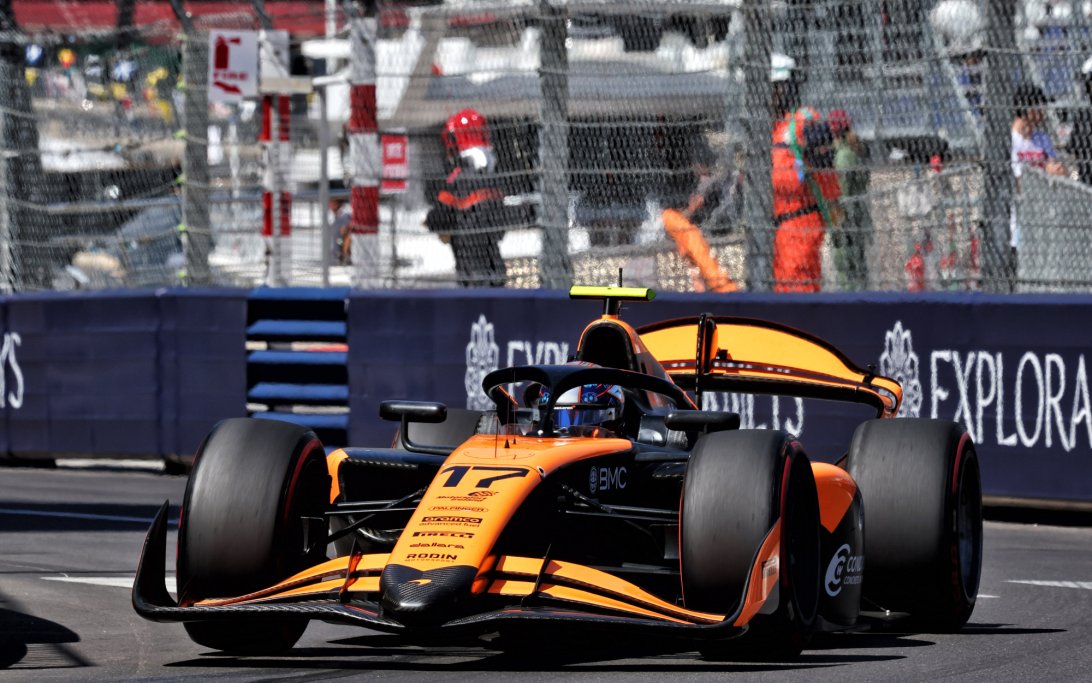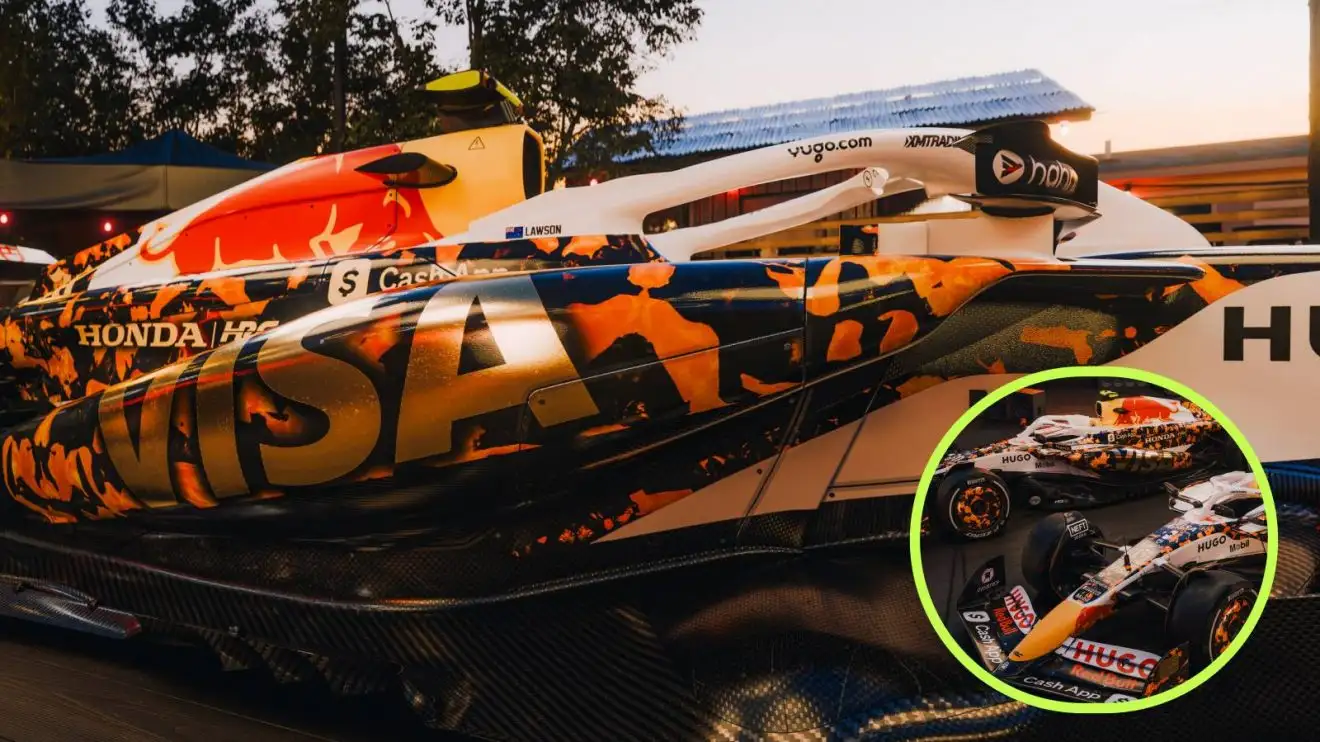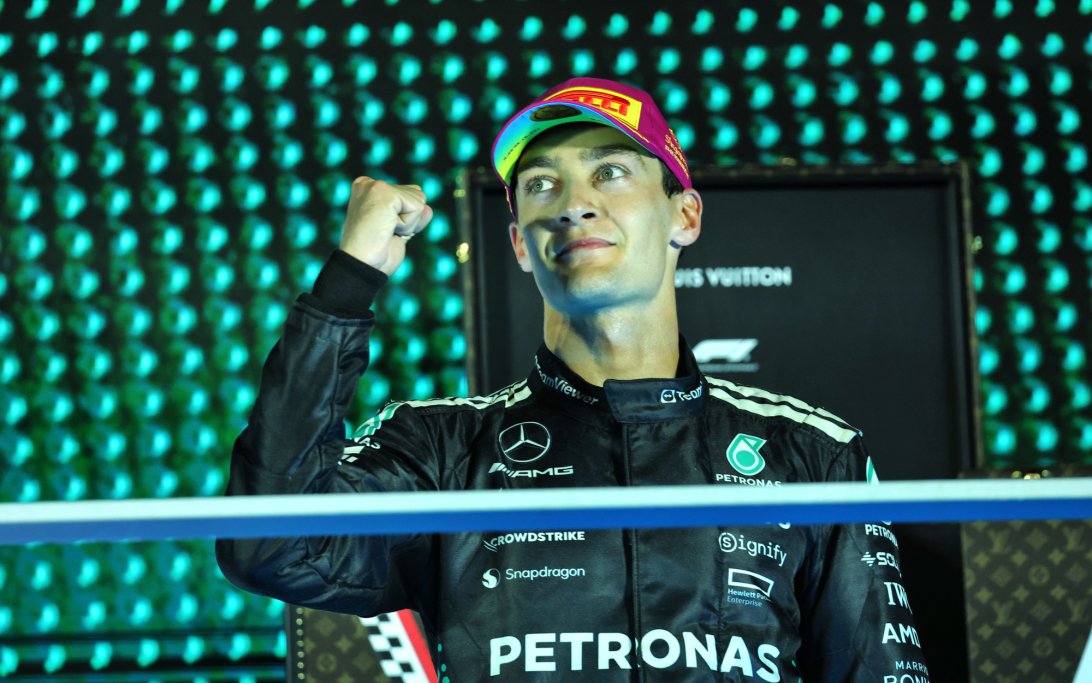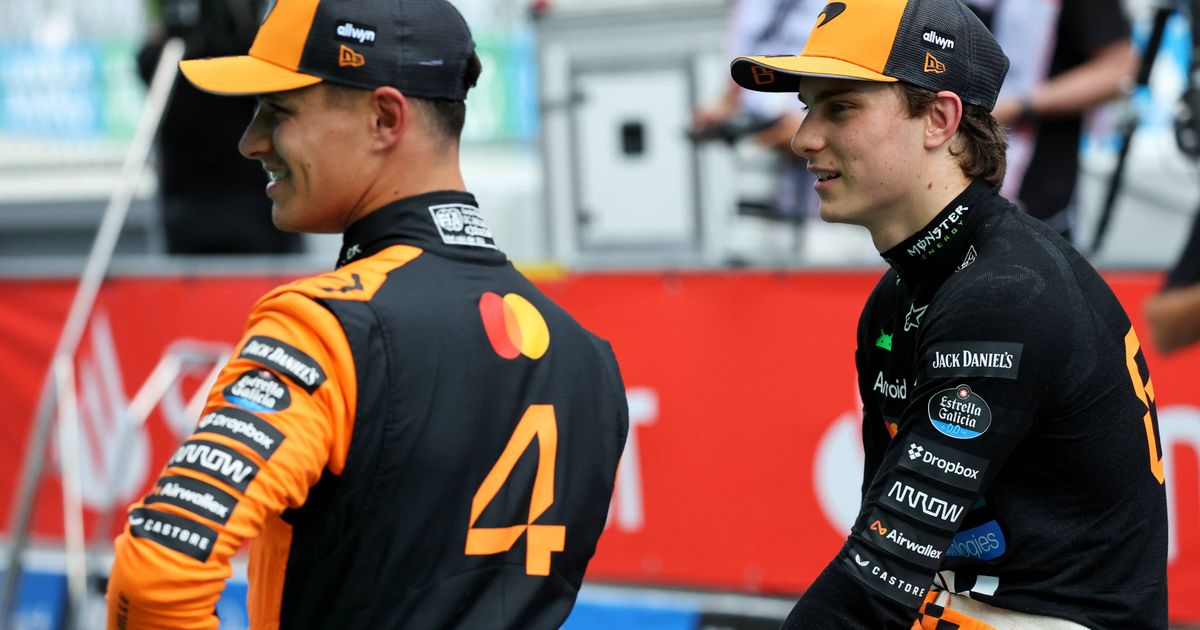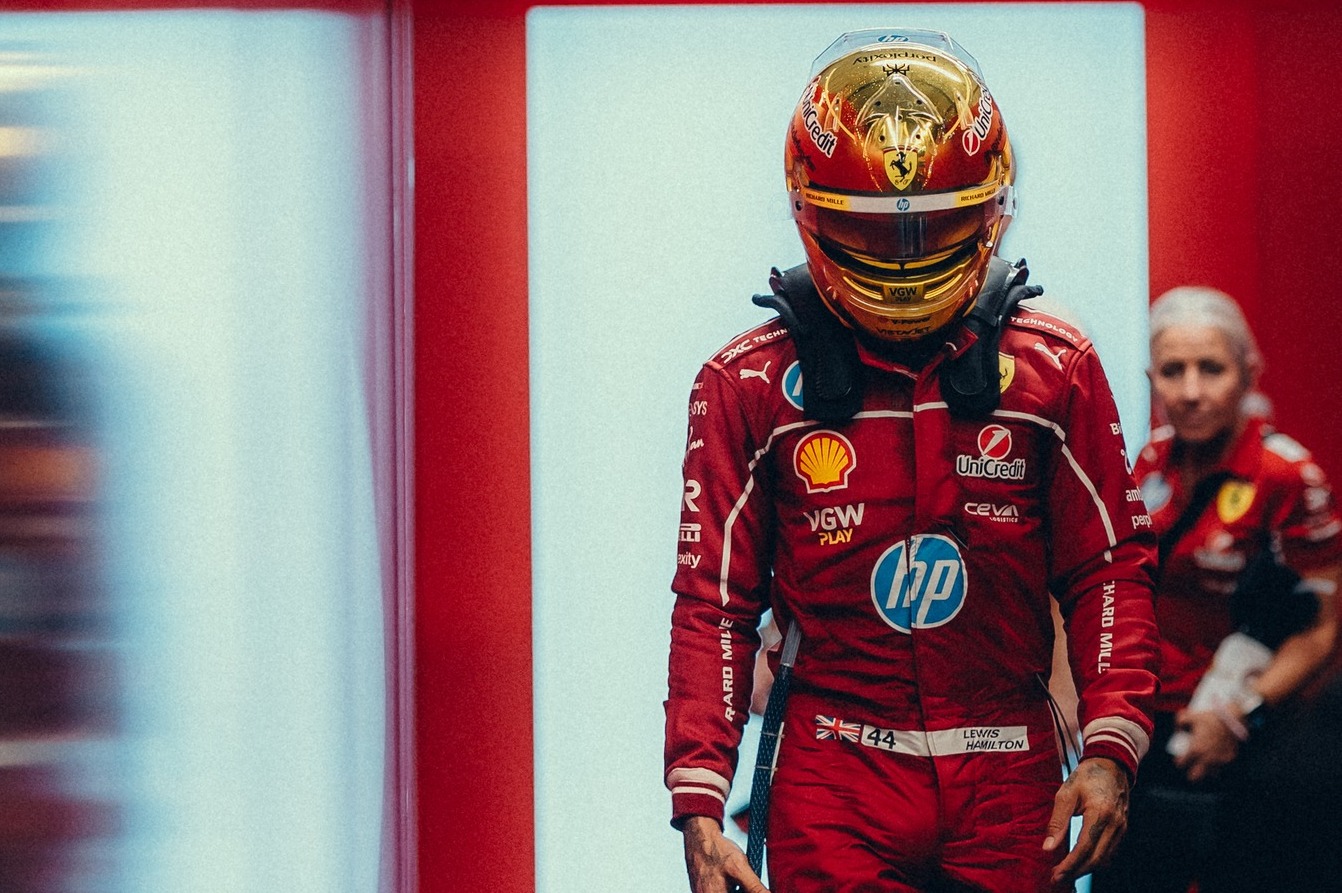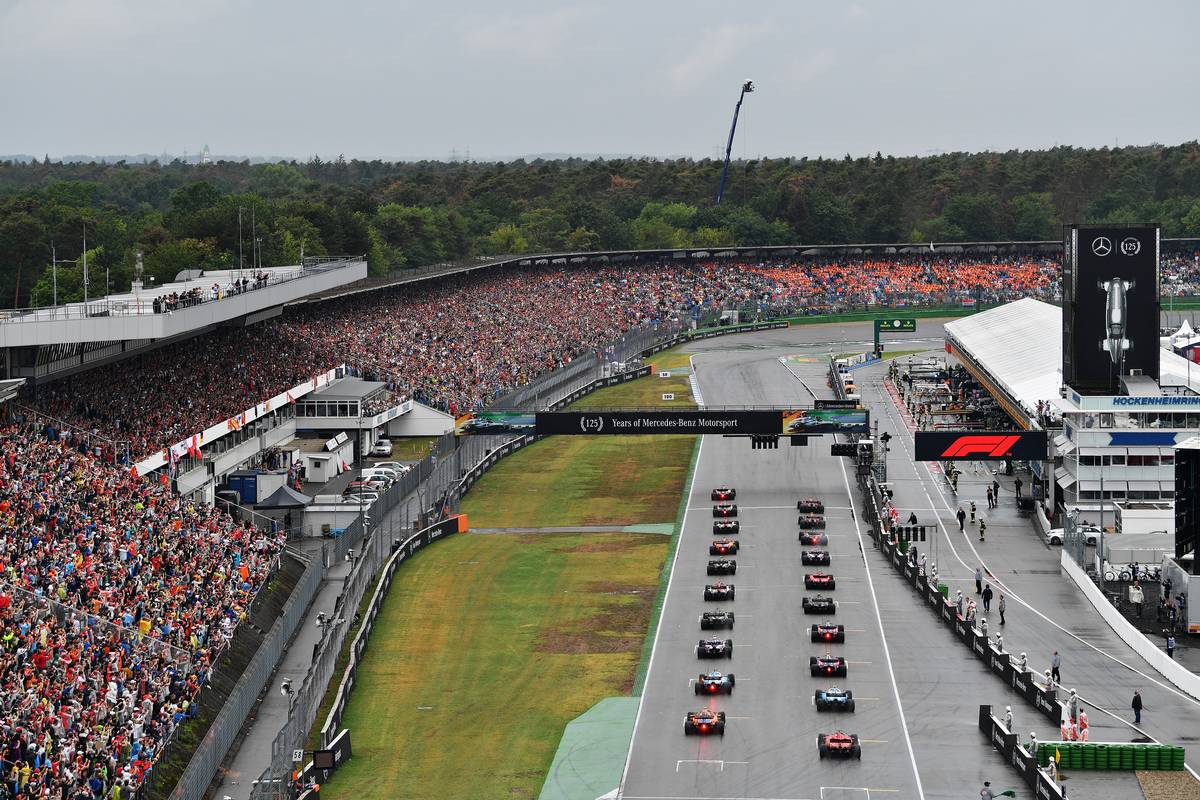
Ecclestone 'Baffled' by Germany's F1 Absence
Former Formula 1 supremo Bernie Ecclestone is perplexed by Germany's continued absence from the F1 calendar, despite its rich motorsport heritage and iconic tracks. No German Grand Prix has been held since 2020, a stark contrast to its historical prominence in the sport.
Why it matters:
- Germany, a nation synonymous with F1 legends like Michael Schumacher and circuits like Hockenheimring and Nürburgring, has been off the calendar since the Eifel Grand Prix in 2020. This reflects a broader shift in F1's global expansion, prioritizing new markets over traditional strongholds.
- The absence highlights the increasing financial demands and fierce competition among nations to host a Grand Prix, even for countries with deep F1 roots.
The Details:
- Ecclestone's View: The 94-year-old expressed his bewilderment to German publication Sport.de, stating, "I often think about it and I don’t understand it. It's just strange that it's not made possible." He believes financial backing is the primary roadblock, suggesting that with "the right funding, it would work."
- Domenicali's Stance: F1 CEO Stefano Domenicali echoed these sentiments, emphasizing that while Germany "belongs in Formula 1," the sport faces immense pressure from a "long waiting list" of potential hosts. He stated to Bild last summer that F1 is open to talks, but serious interest and a clear point of contact are needed.
- Global Expansion: F1's calendar is expanding to a record 24 races, with new venues like Madrid (2026) and potential hosts like Thailand and South Africa vying for spots. Rotational events are also planned from 2027 to accommodate more locations, such as the Belgian Grand Prix moving to a biannual schedule.
- Financial Hurdles: Both Ecclestone and Domenicali implicitly or explicitly point to financial and organizational challenges as key factors preventing Germany's return, underscoring the high cost of hosting an F1 event in the current landscape.
The Big Picture:
Germany's absence is not just about one country; it's emblematic of F1's strategic pivot towards global growth and maximizing revenue streams. While traditional European circuits once dominated, the sport is now looking to diversify its reach, leading to tough choices about which venues make the cut. This has put pressure on historical venues to innovate and secure significant financial backing.
What's Next:
For Germany to return to the F1 calendar, a strong financial commitment and a clear, unified organizational effort will be necessary. Domenicali's invitation for serious talks remains open, but the clock is ticking with numerous other countries eager to join the F1 circus. Whether German heavyweights will step up to secure a future Grand Prix remains to be seen, but the possibility of a comeback continues to fuel speculation among fans and pundits alike.
Original Article :https://f1i.com/news/550672-ecclestone-baffled-by-germanys-f1-absence-i-dont-und...


